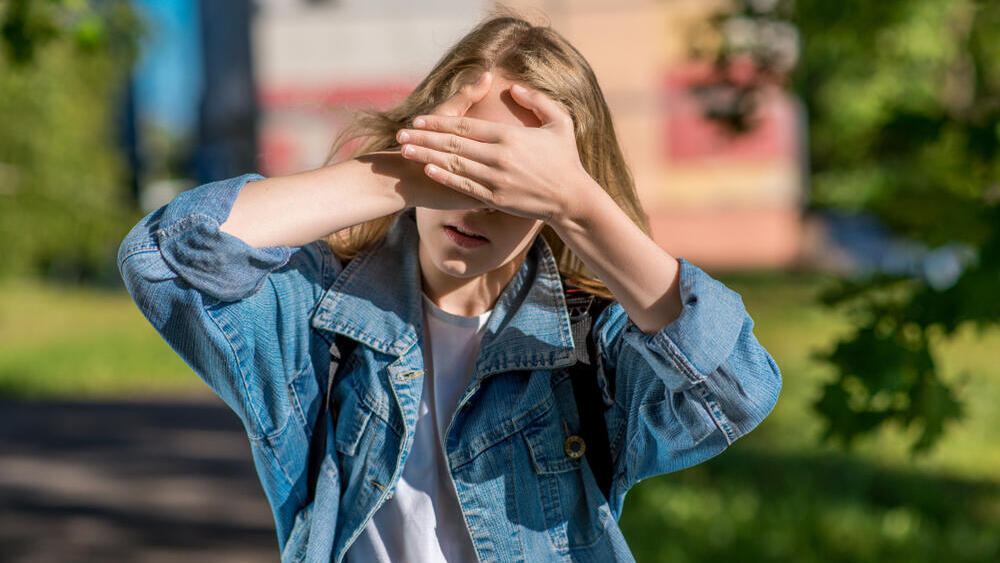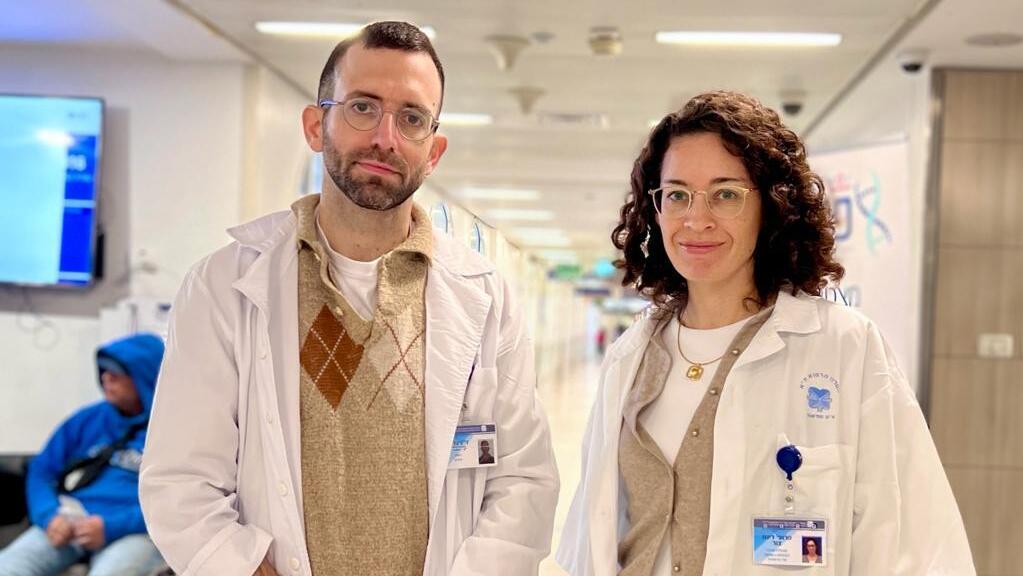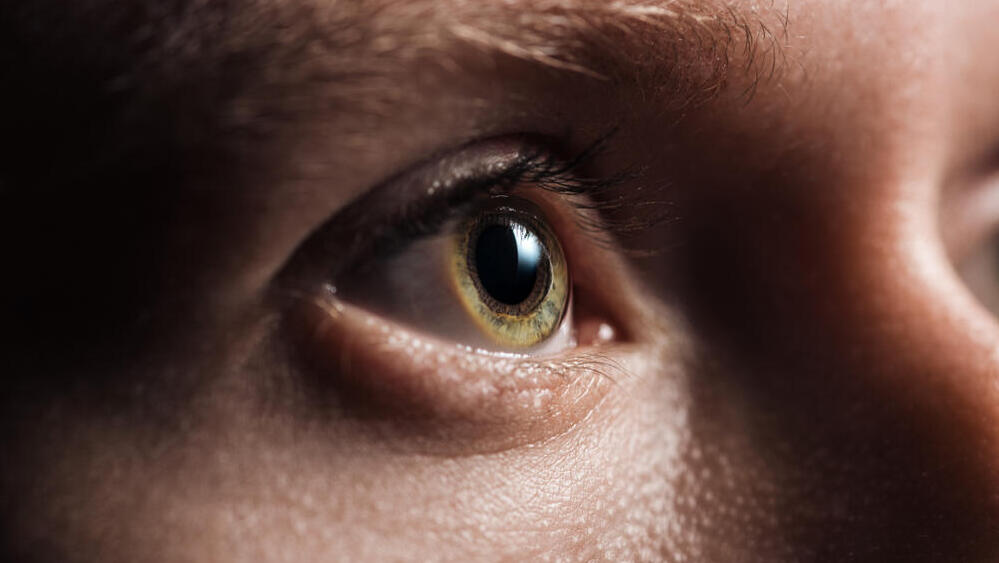Getting your Trinity Audio player ready...
Rachel, 25, lost some of her sight after following the advice of a TikTok video that explained that staring directly into the sun for half an hour charges the body with solar energy and provides additional health benefits – and attempted to do as the video clip suggested.
More stories:
Those sharing the video on the platform even claimed that the ancient Egyptians knew of this secret about the sun, while governments worldwide are trying to hide this information for some reason. The damage caused to her eyesight is irreparable.
Shortly after she followed the video's advice and started into the sun, Rachel's vision started to blur, and a black spot appeared permanently in the center of her field of vision. "Initially, I thought it was something passing, and I didn't connect it to the sun at all," she recounts.
A week later, she arrived at the Ichilov Medical Center’s Ophthalmology Department where she met Dr. Gilad Feinberg, an ophthalmology specialist, who was puzzled at her condition. Rachel updated the astonished doctor and told him about the clip on TikTok saying the app features videos promoting the supposed bodily benefits of direct sun exposure.
"She sat in front of me so I could examine her, and through the microscope I diagnosed changes in her eyes’ retinas. I proceeded with further testing, performing an OCT (optical coherence tomography), a technique that accurately maps and measures all layers of the central retinal structure (macula) and the thickness of the optic nerve fibers," Dr. Feinberg explained.
After reviewing the test results, Feinberg urgently called Professor Dinah Zur, senior ophthalmologist at the Ophthalmology Division, and retina specialist at the Ichilov Medical Center. "I was called to the emergency room following Dr. Feinberg’s diagnosis," she recounts.
"Lesions formed in the central retinal area of Rachel's eyes, causing irreversible damage. The retinal layer is highly sensitive to light and, thus, it may be damaged by direct radiation, such as laser light or direct exposure from other sources, like the sun," she added.
According to Zur, the damage is manifested in the preservation of Rachel's right and left fields of vision, but the loss of her central field of vision. "If she stands in front of me, she won't see parts of my face. The same goes for reading, watching a movie, and working in front of a computer — she will only see partially. Only from the sides of her eyes, as her ability to focus is permanently lost, affecting the quality of her life."
Zur adds that this is also the reason eye doctors repeatedly warn against direct viewing of an eclipse without protective eyewear. "Direct exposure to solar light on the retina can cause burning and lead to damage to visual acuity. The burn that occurs isn’t accompanied by pain, so anyone who has been exposed to the sun should promptly have their eyes examined. This is due to the fact that, shortly after direct exposure, it’s still possible to at least minimize the damage through treatment with steroids.”
"Unfortunately, Rachel arrived too late when there was no longer anything we could do for her, given the irreversible damage caused to her central field of vision. The damage to her visual acuity is permanent — there is no chance for it to improve or deteriorate," according to Zur.




